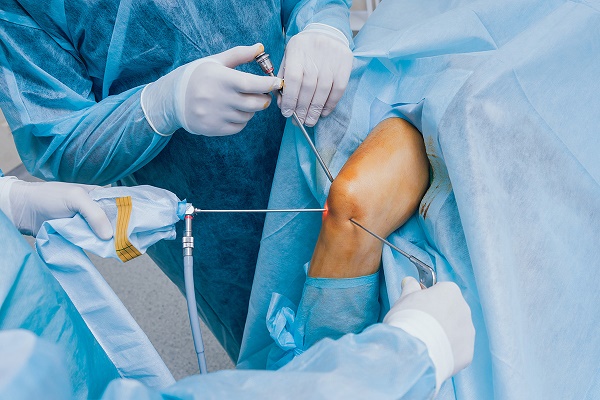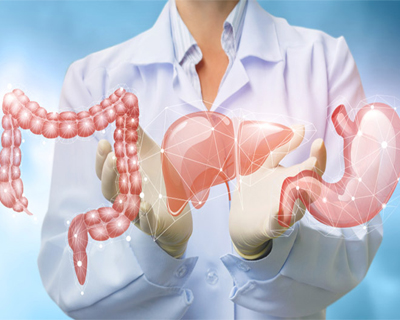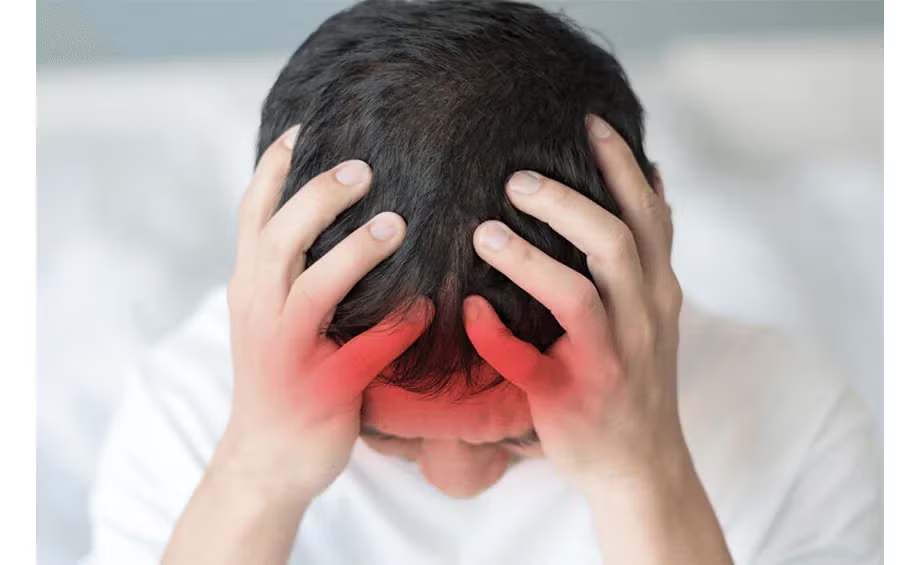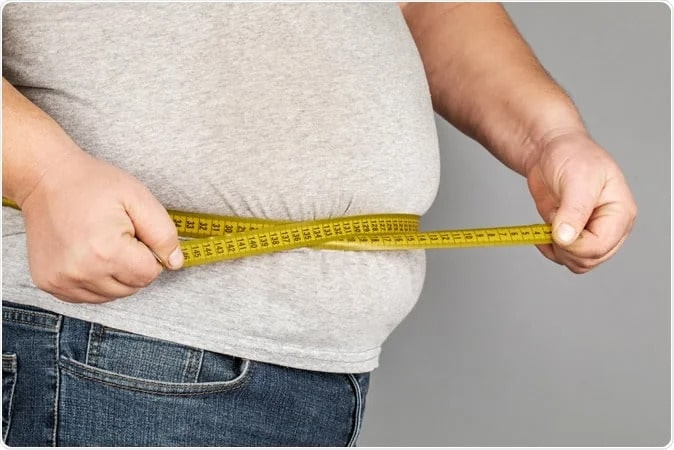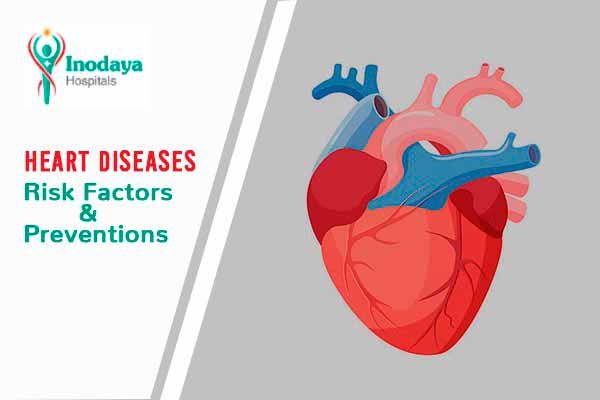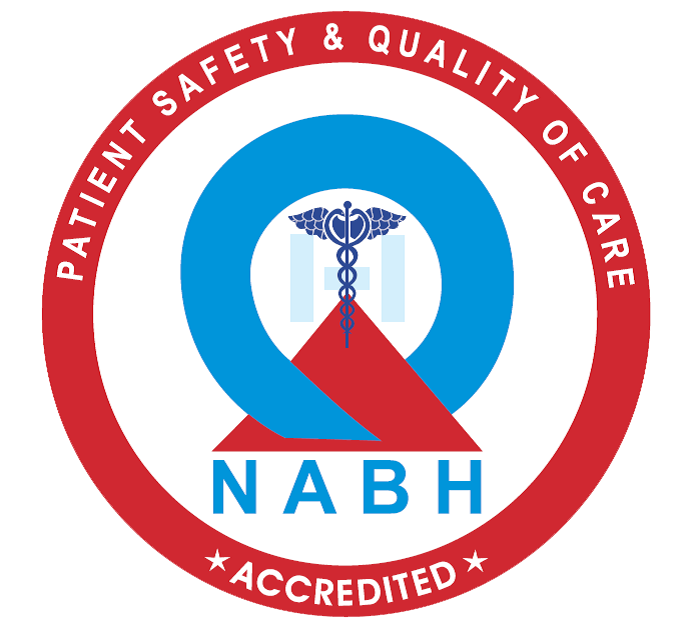Dengue infection is the leading cause of death in tropical and subtropical areas of the world. Dengue hemorrhagic fever is the most severe form of dengue infection. It is estimated that a million cases of dengue fever occur worldwide every year.
Dengue virus belongs to the same Flaviviridae family and there are four distinct, but closely related, serotypes DENV-1 through DENV-4. The virus is transmitted by the bite of an Aedes mosquito which has previously bitten a person with the dengue virus.
Those who become infected with the dengue virus a second time are at a significantly higher risk of developing severe disease. Therefore, the best doctors for dengue fever treatment in Kakinada explain the symptoms of dengue fever that everyone should be aware of.
Signs and Symptoms of Dengue fever
After a mosquito carrying the dengue virus bites a person (who is previously exposed to that virus), the symptoms start to develop within 3 to 15 days. In mild cases of dengue fever, people experience no signs and symptoms.
However, when symptoms do occur, they may be mistaken for other illnesses such as flu. Or viral infection. Dengue fever causes sudden high fever with a temperature rising up to 106°F. Some of the other common symptoms of dengue fever include:
- Severe bone, muscle, and joint pain
- Severe headache
- Pain behind the eyes
- Skin rashes (which appear two to four days after onset of fever)
- Fatigue
- Nausea and vomiting
- Swollen glands can also be seen in dengue fever
Most people with dengue fever can recover within a week or so. In some cases, symptoms get severe which leads to a life-threatening complication called Dengue hemorrhagic fever. This includes blood vessels becoming damaged and leaky, and the number of platelets in the bloodstream drops resulting in massive bleeding, shock, and even death. This is also called Dengue Shock Syndrome (DSS).
Therefore, it is important to notice the warning signs of severe dengue fever including:
- Severe abdominal pain
- Persistent vomiting
- Heavy bleeding from the gums and nose
- Bleeding under the skin
- Difficult or rapid breathing
As explained by dengue fever treatment experts, since severe dengue fever is a life-threatening condition, seeking immediate medical attention is necessary.
How is dengue fever treated?
There is no specific medication or treatment for dengue fever as this is a viral condition. The doctor prescribed some medications that reduce fever, headache, and joint pains. You should avoid aspirin and ibuprofen, as they could worsen the bleeding.
Your doctor will perform a medical examination, you should also rest, and drink plenty of fluids. If you feel worse after the fever starts to fall down, you should be taken to the hospital immediately to get checked for complications.
Hospitalization is needed for a patient to prevent dengue shock syndrome and dengue hemorrhagic fever from occurring. They may receive IV fluids.
How to prevent dengue fever?
The best way to protect from dengue fever is to avoid mosquito bites and to reduce the mosquito population. Follow the below precautions in a high-risk area:
- Use mosquito repellents indoors and outdoors
- Wear protective clothing ( long-sleeved shirts and pants tucked into socks)
- Avoid heavily populated areas
- When indoors, use the air conditioner
- Make sure that doors and window screens are secure and free of holes
With proper care at the right time, dengue fever is not a disease that cannot be coped with. Looking for treatment for dengue in Kakinada? Inodaya Hospitalsis the best hospital for dengue treatment in Kakinada. We have a team of experienced dengue fever specialists in Kakinada who can effectively treat dengue and advise accordingly.








































